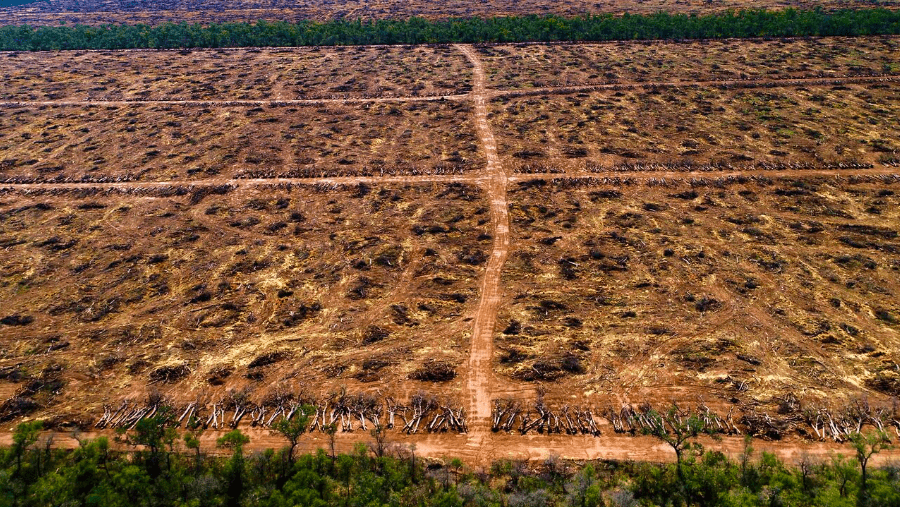
EU takes major steps toward making biofuels more sustainable. However, continued support for biomass energy is critical flaw.
All eyes were on Europe this month, as the European Union released its much anticipated, long-negotiated rewrite of renewable energy policy.
The wait was worth it for those who care about protecting tropical forests and other at-risk ecosystems, as sustainable biofuel advocates scored major victories that put the European Union on track to use biofuels that aren’t contributing to massive deforestation.
The new policy will effectively ban the use of the most polluting types of food-based biofuels, including palm- and potentially soy-based biodiesel, both of which are produced through intensive, industrial agriculture that drives the destruction of tropical and other forest systems. The new policy caps these fuels’ contribution to biofuel targets at 2019 levels and phases out their use by 2030. Furthermore, all food-based biofuels, which include a broader category of polluting biofuels beyond palm- and soy- fuels, are now optional under the new transport target.
In addition, the EU expanded markets for advanced, sustainable biofuels, by setting a new minimum target for these types, which include biofuels made from wastes, residues and renewable electricity.

The EU’s decision to continue ‘carbon-neutral’ designation for biomass energy, however, remains a critical flaw in the Union’s overall approach to renewable energy.
The European Union has emerged, regrettably, as a top user of wood pellets for electric energy. Although technically a renewable resource, burning wood for power is highly polluting and inefficient, resulting in more climate emissions per unit of energy at the smokestack than coal. Large-scale biomass power increases demand for tree harvesting as well, contributing to deforestation and reducing the ability of forests to provide important carbon sinks.
Designating wood energy ‘carbon-neutral’ also ignores the scientific consensus that this type of energy contributes to climate change.
Mighty Earth and 19 other non-profit organizations came together to challenge the EU in avoiding a decision on biomass energy. We encourage the EU to reexamine this policy.


